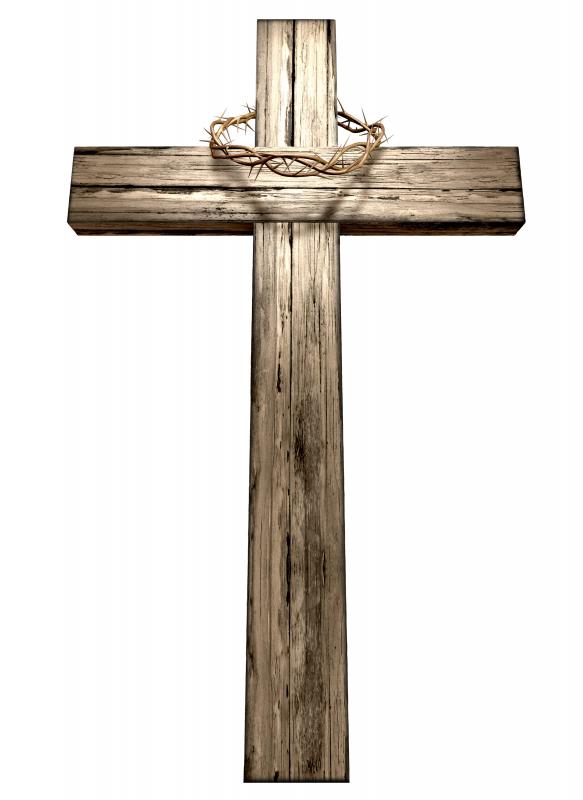At WiseGEEK, we're committed to delivering accurate, trustworthy information. Our expert-authored content is rigorously fact-checked and sourced from credible authorities. Discover how we uphold the highest standards in providing you with reliable knowledge.
What Was the Reformation?
The Reformation, sometimes known as the Protestant Reformation, was an event that split 16th century Western Christianity, markedly altering the nature of Christianity. Prior to this event, Christians in the West viewed the Pope as their spiritual leader, following the tenets of Roman Christianity. Afterwards, an assortment of Protestant churches rose in opposition to Rome, allowing Christians a greater number of choices that continue to proliferate to this day.
While many people generally agree that the reformation started in 1517, when Martin Luther nailed his famous 95 Theses to a church door, its roots date back to the 1300s, when Christians first began to be concerned about what they viewed as major problems with the Roman Church. Dissidents were few in number, but vocal, and Luther's incendiary act proved to be the catalyst which sparked a change.

This event was primarily driven by fundamental disagreements about the nature of Christianity and the role of the church. Protestants rejected the authority of the Church when it came to salvation, pushing a personal role in salvation and restricting the role of the church. Roman Catholics, however, believed in the Church as the ultimate authority, with the Pope as its leader. Both sides had access to the printing press, which helped advance their ideas far more quickly than would have been possible before.

Many Protestants accused the Roman Church of being deeply corrupt, arguing that it had departed far from the original intent of Christianity. They pointed to widespread corruption as evidence of this, as well as the immense wealth that the Church had accumulated. Upstarts like Martin Luther, John Calvin, Ulrich Zwingli, John Knox, and others began to preach their own version of Christianity, arguing for a return to earlier Christian belief and for greater simplicity, with less interference from the Church in religious life.

The Roman Church retaliated with the Counter Reformation in 1560, as it saw the movement gaining ground and growing steadily more popular with European Christians. The result was decades of war, religious strife, and chaos in Europe as Christians tried to hold their ground on one side or the other. Ultimately, the Peace of Westphalia in 1648 put an end to the religious battling and supported the rights of Christians to worship in peace, although many Protestant sects continued to experience problems.

Today, many branches of the Protestant church are flourishing all over the world, as is the Roman Catholic church. Leaders from Protestant and Roman religious organizations often express mutual respect and admiration, stressing that they share common ideals, goals, and beliefs, even if they disagree about the precise nature of worship.
AS FEATURED ON:
AS FEATURED ON:














Discussion Comments
I guess if you really believe in your religion though, all the little details really matter. I do agree, though, that it's strange that many Christians seem more disgusted by different forms of Christianity than by other religious types.
I guess it comes from a basic misunderstanding of what both denominations actually stand for. Most people are simply happy to have a "them" so they can feel like it's "them vs. us". They make religion into a football game.
Denominationalism has followed Rome, hence the "Great Apostasy'!
The reformers were the actual teachers of the Christian faith, but as anon50942 says, the ones who did not follow the 'Pope'(Rome) and this is a rarity today to find those who do not follow Rome and I am one of those Christians.
this is amazing.
This article is only partly true. There were always Christians outside the Catholic church who did not follow the pope nor the church of Rome. These Christians would be considered today by Bible believing Christians to have been the genuine Christians throughout history.
Post your comments